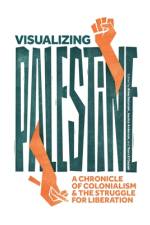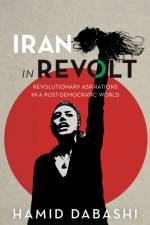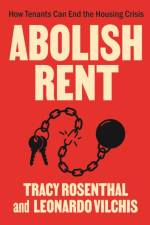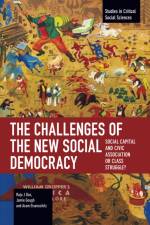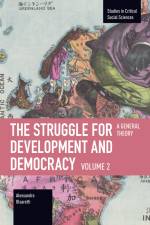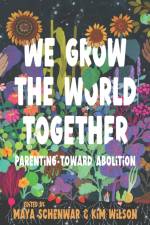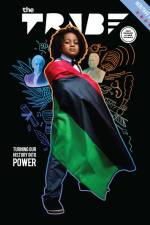571
The border regimes of imperialist states have brutally oppressed migrants throughout the world. To enforce their borders, these states have constructed a new digital fortress with far-reaching and ever-evolving new technologies. This pathbreaking volume exposes these insidious means of surveillance, control, and violence.In the name of “smart” borders, the U.S. and Europe have turned to private companies to develop a neocolonial laboratory now deployed against the Global South, borderlands, and routes of migration. They have established immigrant databases, digital IDs, electronic tracking systems, facial recognition software, data fusion centers, and more, all to more “efficiently” categorize and control human beings and their movement.These technologies rarely capture widespread public attention or outrage, but they are quietly remaking our world, scaling up colonial efforts of times past to divide desirables from undesirables, rich from poor, expat from migrant, and citizen from undocumented. The essays and case studies in Resisting Borders and Technologies of Violence shed light on this new threat, offering analyses of how the high-tech system of borders developed and inspiring stories of resistance to it.The organizers, journalists, and scholars in these pages are charting a new path forward, employing creative tools to subvert the status quo, organize globally against high-tech border imperialism, and help us imagine a world without borders. Contributors: Nasma Ahmed, Khalid Alexander, Sara Baker, Lea Beckmann, Wafa Ben-Hassine, Ruha Benjamin, Maike Bohn, J. Carlos Lara Gálvez, Timmy Châu, Arely Cruz-Santiago, Ida Danewid, Nick Estes, Rafael Evangelista, Katy Fallon, Marwa Fatafta, Ryan Gerety, Ben Green, Jeff Helper, Nisha Kapoor, Lilly Irani, Brian Jordan Jefferson, Lara Kiswani, Arun Kundnani, Jenna M. Loyd, Rodjé Malcolm, Matthew McNaughton, Todd Miller, Petra Molnar, Mariah Montgomery, Joseph Nevins, Conor O’Reilly, Chai Patel, Tawana Petty, Ernesto Schwartz-Marin, Paromita Shah, Silky Shah, Koen Stoop, Miriam Ticktin, Harsha Walia

